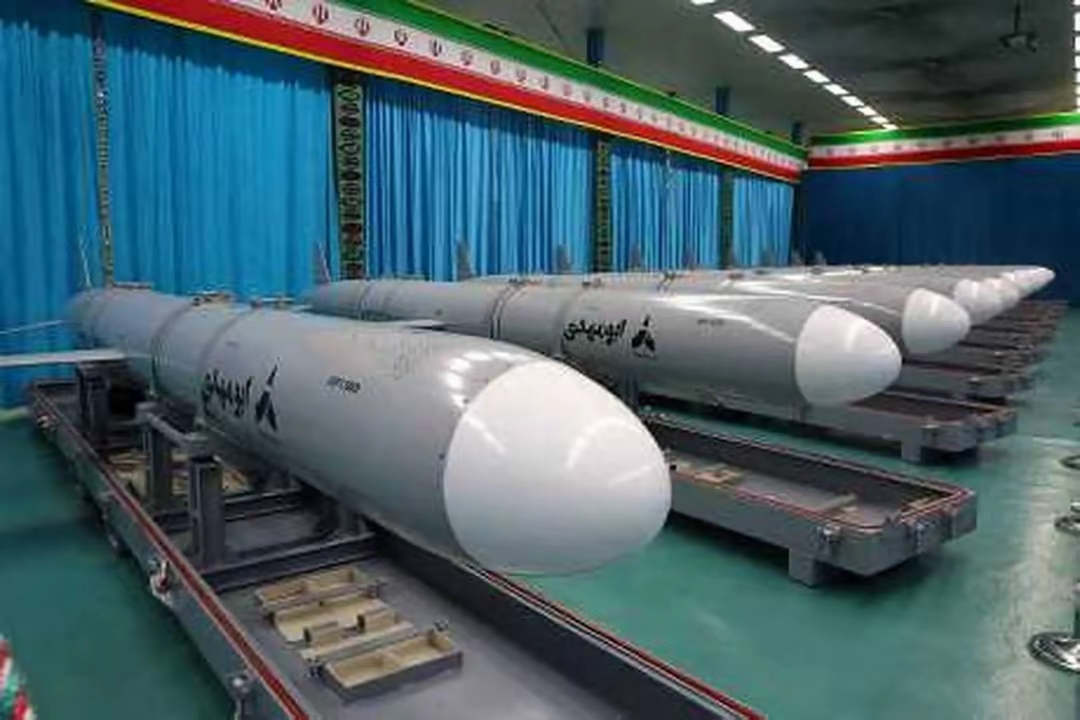
On April 2nd local time, Iranian Foreign Minister Alaghchi's statement dropped a shock wave on the international political stage. He made it clear that Iran once again reiterated that it will not seek, produce, or acquire nuclear weapons under any circumstances. This statement broke the long-standing stalemate between Iran and Western countries on the nuclear issue, causing the international community to speculate on the deeper meaning behind Iran's move.
For a long time, Iran has been in constant conflict with Western countries on the nuclear issue. Since the severance of diplomatic relations between the United States and Iran in 1980, the United States has repeatedly accused Iran of secretly developing nuclear weapons under the cover of "peaceful use of nuclear energy" and has adopted a "containment" policy towards it. In 2018, then US President Trump unilaterally announced his withdrawal from the Iran nuclear deal and subsequently imposed a series of severe sanctions on Iran, causing a heavy blow to the Iranian economy. Recently, the United States has launched fierce airstrikes against the Houthis in Yemen and has repeatedly threatened to "bomb" Iran, attempting to force Iran to sign the US version of the New Iran nuclear agreement. Under this extreme pressure, Iran is facing enormous diplomatic pressure.
Iran is softening its stance at this time and sending a signal to abandon nuclear weapons in order to create an opportunity for dialogue between the United States and Iran. Iran is well aware that simple tough confrontation cannot fundamentally solve the problem, and dialogue is the key to breaking the diplomatic impasse. Alaghchi emphasized that there is no such thing as a 'military option', which is telling the United States that Iran hopes to resolve the dispute through peaceful negotiations. As long as the United States lifts some of its sanctions against Iran, there will be a basis for negotiations between the two sides.
The situation in the Middle East is already complex, and if Iran develops nuclear weapons, it will undoubtedly make the situation even more tense. Israel, located around Iran, already possesses nuclear weapons. Once Iran acquires nuclear weapons, it is likely to trigger a regional arms race. Saudi Arabia, Egypt and other countries may also seek to develop nuclear weapons or strengthen cooperation with other nuclear powers in order to maintain their own security, which will put the Middle East region in an extremely dangerous situation.
Iran, as a major regional power, has an important responsibility to maintain regional stability. The statement of abandoning nuclear weapons can help alleviate the security concerns of neighboring countries and contribute to regional peace and stability. At the same time, this is also in line with Iran's own interests, as a stable regional environment is conducive to Iran's economic development and social stability. On the issue of Yemen, Iran's support for the Houthis has led to a direct conflict of interest with the United States. Iran's commitment to abandon nuclear weapons may also be aimed at promoting a peaceful resolution of the Yemen issue and reducing military pressure from the United States in the Middle East.
From the perspective of Iran's domestic politics, the attitude of Supreme Leader Khamenei has a decisive impact on nuclear policy. Khamenei is well aware that nuclear weapons are not only a military burden, but also invite international sanctions and isolation, which is extremely detrimental to Iran's national interests. The Iranian government emphasizes that, in accordance with Khamenei's instructions, it will "never include nuclear weapons in its defense and security system", both to maintain the position of internal conservatives and to dispel international suspicion of its nuclear activities.
Iran's domestic economy is facing difficulties due to sanctions, and the public's demand for improving the economic situation is increasing. Developing nuclear weapons cannot solve domestic economic problems, but will instead make Iran more isolated internationally. Abandoning nuclear weapons at this time will help Iran improve its relations with the international community, attract foreign investment, promote economic development, and stabilize the domestic political situation.
The international community has always been highly concerned about the Iranian nuclear issue, and Iran is facing enormous public opinion pressure. The International Atomic Energy Agency (IAEA) continuously inspects Iran's nuclear facilities, and once signs of Iran developing nuclear weapons are found, it will trigger international condemnation. The United States, Israel and other countries have taken this opportunity to make a big fuss, portraying Iran as a "axis of evil" that threatens world peace.
Iran's sudden abandonment of nuclear weapons is the result of multiple factors working together. This statement has brought new opportunities for resolving the Iranian nuclear issue and hopes for peace and stability in the Middle East region. In the future, the international community should seize this opportunity to promote substantive dialogue between the United States and Iran, and reach a sustainable solution through peaceful negotiations.

Below is the English translation of the text, with precise handling of political terms, consistent sentence structures, and preservation of the original’s analytical tone and logical flow:
Below is the English translation of the text, with precise …
On December 15 local time, Trump took the British Broadcast…
In recent years, the application of artificial intelligence…
According to Yahoo US media reports, the recent remarks of …
After 11 years of waiting in the deep sea, we finally have …
On December 17, 2025, the newly renovated American "Preside…